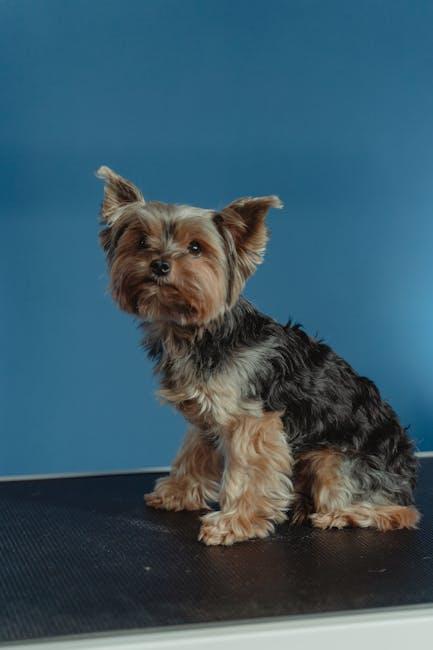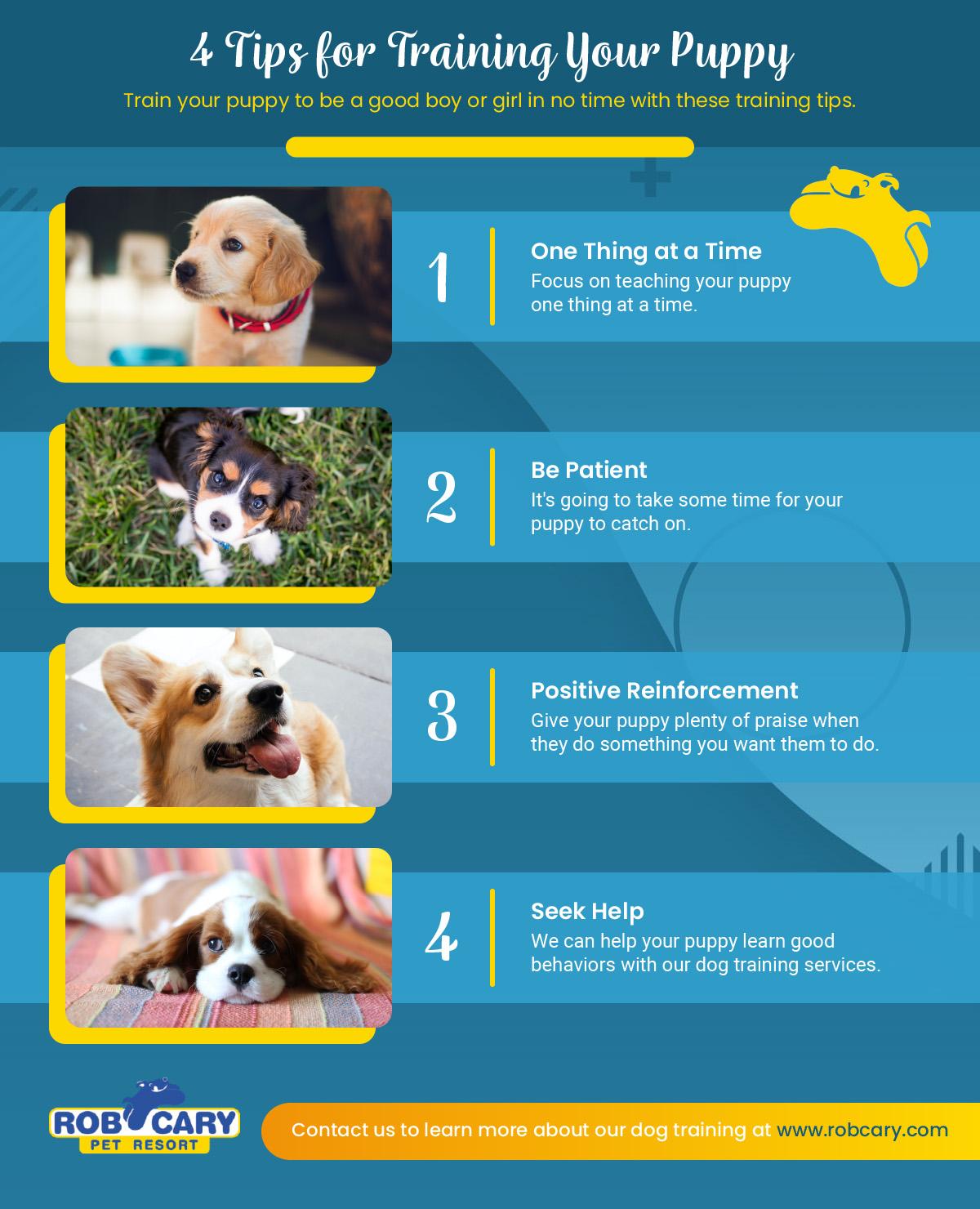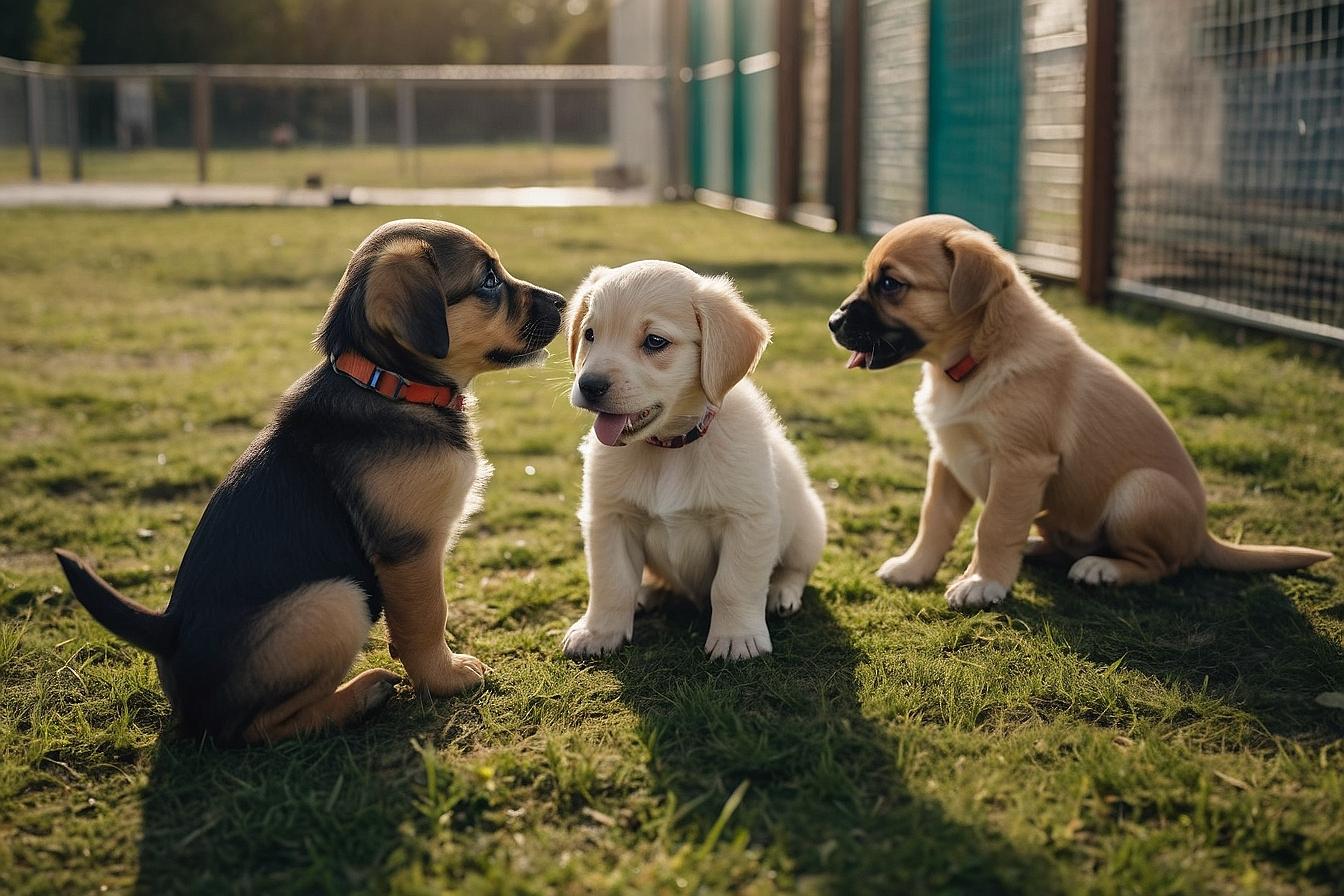Welcoming a new puppy into your home is a joyful and exciting experience, filled with cuddles, playful antics, and the start of a lifelong companionship. However, amidst the fun and laughter, there lies an important responsibility: socializing your puppy to ensure they grow into a confident and well-adjusted adult dog. Just like humans, dogs thrive on social interactions, and the experiences they have during their early weeks and months can significantly shape their behavior and temperament in the years to come. In this guide, we will explore effective and nurturing techniques to help your puppy navigate the world around them, building the foundations for a happy, secure, and sociable life. Whether you’re a first-time pet parent or an experienced dog owner, these steps will empower you to raise a puppy who is not only a beloved family member but also a delightful companion to others.
Understanding Puppy Behavior and Development
Socializing your puppy is a journey that involves patience, understanding, and a bit of creativity. During the early stages of their life, puppies are like little sponges, ready to absorb every new experience they encounter. It’s crucial to expose them to a variety of environments, people, and other animals to build a foundation for a well-adjusted adult dog. Here are some key points to consider when embarking on this adventure:
- Introduce New Experiences Gradually: Start with quiet environments and gradually move to busier ones. Allow your puppy to explore at their own pace without overwhelming them.
- Encourage Positive Interactions: Ensure every new encounter is associated with positive reinforcement, like treats or affection. This will help your puppy associate new experiences with positivity.
- Consistency is Key: Regularly expose your puppy to new situations. Consistent exposure helps them become more adaptable and less anxious in unfamiliar settings.
Remember, every puppy is unique. Some may take to new experiences quickly, while others might need a little more time and encouragement. Stay patient and supportive, and your efforts will pay off in the form of a confident, happy adult dog.

Creating Positive Experiences with People and Pets
Socializing your puppy is an adventure filled with joy and learning, where the goal is to nurture a confident and well-adjusted adult dog. The journey begins by introducing your puppy to a variety of experiences, people, and environments. Start by exposing them to different sights, sounds, and textures in a controlled manner. Positive reinforcement is key here; always reward your pup with treats or praise when they respond calmly and confidently to new stimuli.
- Invite friends and family over to meet your puppy. Ensure these interactions are gentle and positive.
- Visit dog-friendly places like parks or pet stores to help your puppy get used to other dogs and people.
- Enroll in a puppy class to provide structured socialization opportunities with guidance from professionals.
Remember, every puppy is unique, so be patient and adjust your approach according to their comfort levels. The aim is to build a foundation of trust and positivity, ensuring your furry friend grows into a confident and sociable companion.

The Role of Training in Building Confidence
Training plays a pivotal role in nurturing your puppy’s confidence, setting the foundation for a well-adjusted adult dog. By incorporating positive reinforcement and consistent routines, you create a secure environment where your puppy feels safe to explore and learn. Positive reinforcement encourages desirable behaviors through rewards, making learning a joyful experience for your furry friend. This approach not only strengthens the bond between you and your puppy but also boosts their self-assurance as they realize that their actions lead to positive outcomes.
Consider these key aspects of training to foster confidence in your puppy:
- Consistency: Establish regular training sessions to build a sense of predictability and security.
- Patience: Every puppy learns at their own pace, so offer gentle guidance without rushing the process.
- Social Exposure: Introduce your puppy to various environments, people, and other animals in a controlled manner to expand their comfort zone.
Through structured training, your puppy will not only master essential skills but also gain the confidence needed to navigate the world with ease.

Managing Fear and Anxiety in Young Dogs
Fear and anxiety in young dogs can be managed effectively through proper socialization, ensuring they grow into confident adults. It’s crucial to expose your puppy to a variety of experiences in a controlled and positive manner. Start by introducing them to different environments, such as parks, urban settings, and quiet neighborhoods, gradually increasing the complexity of these experiences. Consistency and patience are key. Observe your puppy’s reactions closely and allow them to approach new situations at their own pace, rewarding them with treats and praise for calm behavior.
- Introduce them to a diverse group of people, including children, adults, and seniors.
- Expose them to other animals, both dogs and other species, ensuring all interactions are safe and supervised.
- Acclimate them to common household noises, like vacuum cleaners and washing machines.
- Take them on car rides to prevent travel anxiety later on.
Remember, the goal is to create positive associations. Avoid overwhelming your puppy with too much at once, and always end experiences on a positive note. By taking these steps, you help lay the foundation for a well-adjusted and confident adult dog.

